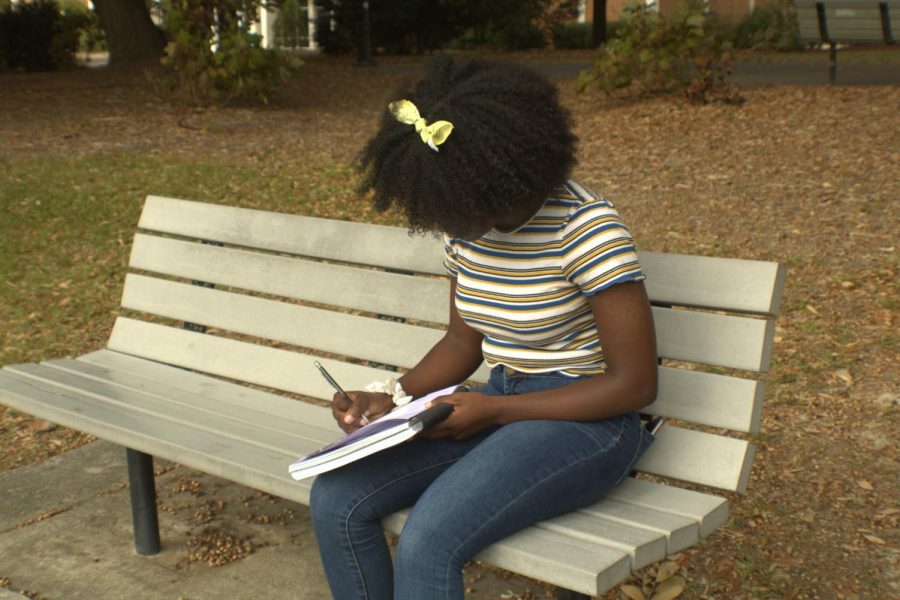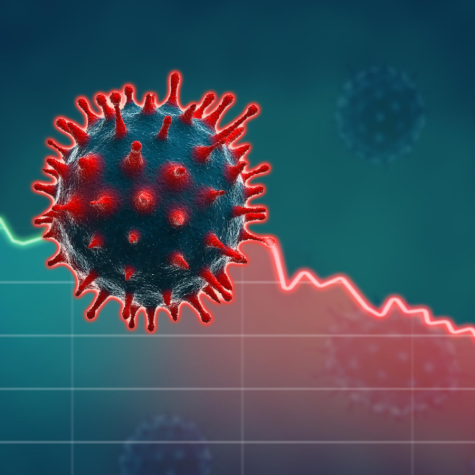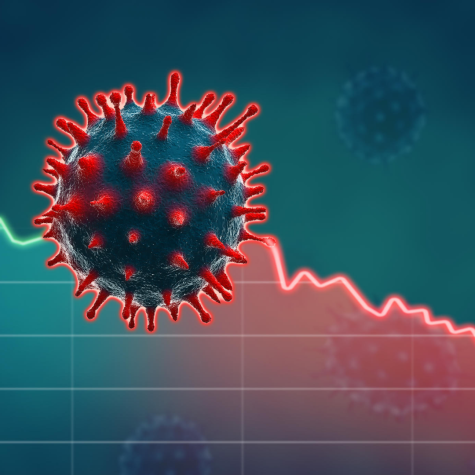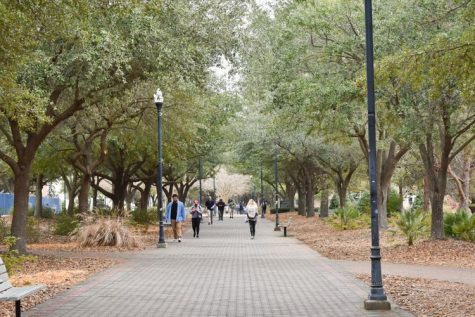COVID-19 takes toll on students’ mental health
September 9, 2021
COVID-19 has affected the world physically, emotionally or psychologically, taking its toll on many of the students right here at Georgia Southern watching their friends and family get sick.
“The hardest part was not seeing people,” said Emily Vonck, a PR major. “My family is independent and we’re used to connecting. We’re used to going to grab dinner or having movie nights with friends.”
“My mom had to be hospitalized at one point,” said Esther Asare-Nkansah, a junior in computer science. “My mom works in healthcare and my brother is a freshman at GS, but last year, they both got COVID and it was really hard for me because I was here at school.”
Some students believe COVID-19 has had a change in terms of their performance in class.
“I was hesitant at first, but I definitely want to be in person,” said Asare-Nkansah. “I chose to do certain classes face to face rather than online because I just feel that I would get more value being in the classroom.”
With cases spiking at the beginning of the semester, students had opinions on how the university handled the spike.
“I wish that the University System of Georgia would be a little more forceful with maybe some of the mask requirements,” said Dylan Yarbrough, a senior majoring in Communication Studies.
Yarbrough praised his professors for handling class in a post COVID-19 world.
“I think they’ve done it the best they can,” said Dylan Yarbrough. “I’ve seen some of them try to change the course content to be a little more flexible and they seem really interested in making sure we all still get a good education out of this, so they’re trying their best.”
“I would hope the university stays the course and I would urge all my fellow students to get vaccinated,” said Asare-Nkansah. “I think that’s extremely important and taking the first step to reduce the number of cases that hospitals are seeing.”
Yarbrough believes that cases are likely to go up as the college enters the fall season.
“More people are spending more time inside and now we’ve got flu season,” said Yarbrough. “I would hope that coming towards the end of October and moving towards Christmas that we’ll see a decline. Maybe more people are going to start getting the shots after seeing how bad it’s getting. That’s my hope.”
















Beverly Wulforst • Sep 13, 2021 at 11:14 am
As a current student of Georgia Southern University, I am deeply concerned about the Georgia Southern’s chapter of the American Association of University Professors (AAUP) planned protests for a mask mandate all week starting today. I encourage the Board of Regents (BOR) and the University System of Georgia (USG) to keep their current policy in place so that the decision to wear a mask is left to each individual. I was vaccinated in March, have not worn a mask since then, and have remained healthy. Furthermore, I believe that imposing mask mandates will deter the unvaccinated from becoming vaccinated. If masks had been made mandatory before the start of this semester, I would not be attending classes now.
Please help me convey the message to BOR and USG decision makers that the current mask policy is equitable and it is extremely important to leave the decision up to each individual to choose whether or not to wear a mask.
Respectfully,
Beverly Wulforst